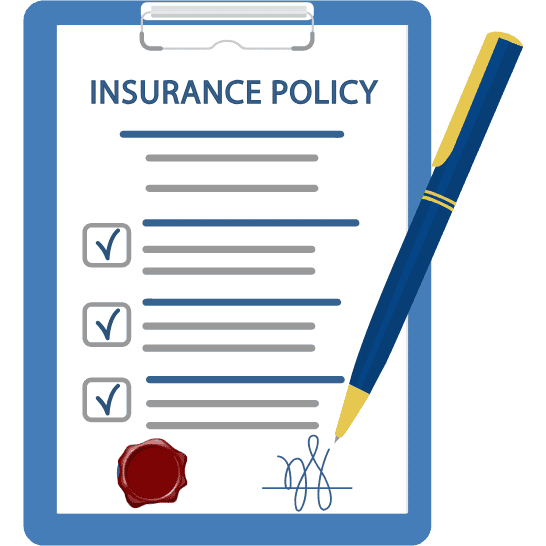How To Negotiate Debt Settlement With a Lawyer?

Debt settlement can be a viable solution for individuals struggling with overwhelming unsecured debts, such as credit card balances, personal loans, or medical bills. While it's possible to negotiate a debt settlement on your own, many people choose to seek professional help, especially from a lawyer, to ensure the best possible outcome. In this article, we will walk you through how to negotiate a debt settlement with a lawyer and provide insights into services like RupeeRelief, which can assist in such processes. Before delving into the negotiation process, it's essential to understand what debt settlement is. Debt settlement involves negotiating with your creditors to reduce the total amount of debt you owe. The goal is to reach a mutually agreeable amount, which may be less than the original balance, and settle the debt in a lump sum or through manageable installments. Settling debt can have a significant impact on your financial future. It may help avoid bankruptcy, reduce stress, and allow you to regain control of your financial health. However, it can also have long-term consequences, including a negative impact on your credit score and the potential for additional fees or penalties. This is why it's often helpful to consult with a lawyer who can provide legal advice and ensure your rights are protected. Debt settlement may not be suitable for everyone, so it's crucial to assess your situation before starting negotiations. Some key factors to consider include: If you are unsure whether debt settlement is right for you, a service like RupeeRelief can provide expert guidance to help you make an informed decision. Their services are designed to assess your financial situation, suggest suitable debt management options, and offer professional assistance throughout the process. Negotiating a debt settlement on your own can be daunting, especially if you are dealing with multiple creditors or large amounts of debt. This is where a lawyer comes in. A lawyer specializing in debt settlement or consumer rights can provide invaluable assistance, including: When hiring a lawyer, it's crucial to choose someone who specializes in debt settlement and consumer law. You can begin by researching lawyers in your area, reading reviews, and seeking recommendations from others who have gone through the debt settlement process. Once you have selected a lawyer, the next step is to schedule an initial consultation. During this meeting, the lawyer will assess your financial situation and explain the debt settlement process. You should be prepared to provide the following information: The lawyer will use this information to determine whether debt settlement is a viable option and what the likely outcomes may be. If they believe settlement is possible, they will discuss the next steps. The most critical part of the process is the negotiation itself. Here's how it typically works: At RupeeRelief, professional negotiators work with clients to reduce the total debt burden through structured settlement strategies. Whether you're dealing with one creditor or several, the service ensures that you are not left to navigate the complex negotiation process alone. Once both parties agree on the terms of the settlement, your lawyer will work to finalize the agreement. This includes: After a debt settlement is completed, it's essential to stay on top of your finances to prevent further issues. While settling your debts can improve your financial situation in the long term, it's also important to: Negotiating a debt settlement with a lawyer can be a highly effective way to regain control of your finances and reduce the burden of unsecured debt. With the help of a skilled lawyer and services like RupeeRelief, you can navigate the complex debt settlement process with confidence and ease. Whether you are facing aggressive debt collectors or simply seeking a way to move forward financially, seeking professional advice can make a world of difference. Always ensure that any settlement agreement is legal, documented, and manageable to avoid future pitfalls.1. Understand What Debt Settlement Is
2. Assess Whether Debt Settlement Is Right for You
3. Hiring a Lawyer: Why You Need Legal Assistance
4. Initial Consultation with the Lawyer
5. Negotiate the Settlement
6. Finalizing the Settlement Agreement
7. Managing Your Credit and Finances Post-Settlement
Conclusion

